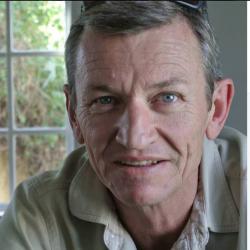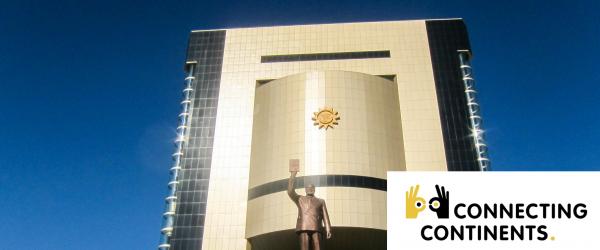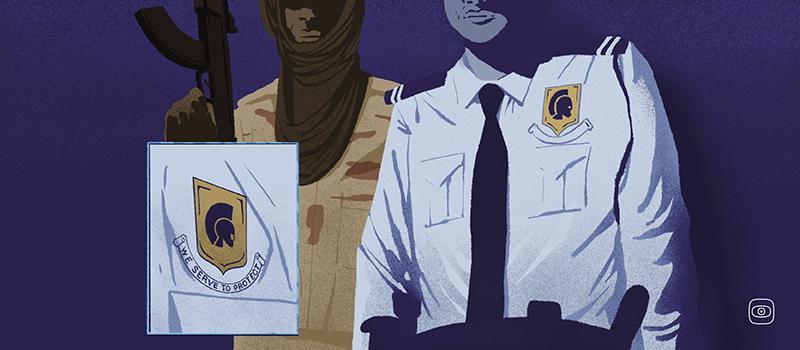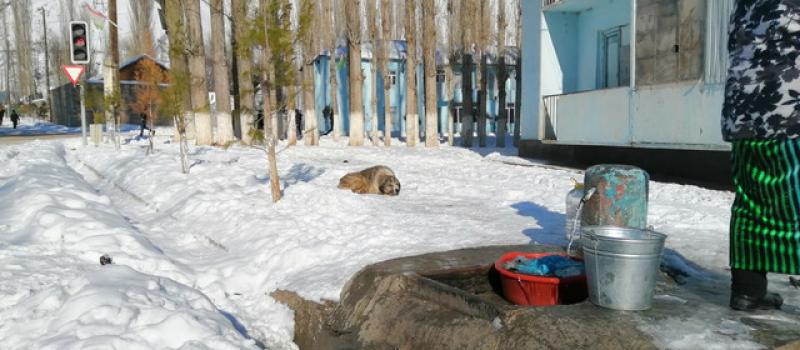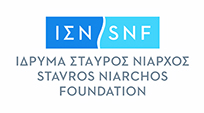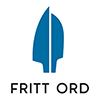
The internal financial structures of several African countries' dominant political parties that are performing as corporatised multinationals in monopolised state power structures: Angola’s MPLA, Zimbabwe's ZANU, and Namibia’s SWAPO.
The question of political party financing has never been more critical to the public interest than in the wake of the Panama Papers. This is especially true of Africa's dominant political parties that comprise ‘forever governments’ – such as resource-rich Angola’s MPLA, Namibia’s SWAPO, Botswana’s BDP, and Zimbabwe’s ZANU.
Here, political landscapes are characterised by confidentiality surrounding political party investors, corruption, gross illicit financial flows and formal economies dominated by large corporations often bearing ties to ‘joint ventures’ (JVs) with governments. And while in theory these countries are described as possessing systems of electoral democracy, in practice, this simply means an opportunity to vote – or not - for the dominant party that will win anyway, with little to no opportunity to effect a change in policies concerning water, waste, resources, infrastructure or energy.
What value then for democracy, accountability and constitutional rights in a system where unknown investors – or buyers – can purchase or influence how the country is run and by whom? More importantly, what is the internal financing and financial structure of dominant political parties and regimes that, as research shows, appears to perform as multinationals, often using legal and financial opacity including secrecy jurisdictions? In what ways do these political parties act as stable business partners for companies, increasing secrecy with JVs rather than as elected representatives of citizens? To what extent did dominant political parties, formerly freedom fighting movements, cut their teeth on the ‘offshore’ during the battle against colonialism? How does this differ, if at all, from authoritarian and corrupt regimes such as Sudan?
Using prior and current investigations to unravel the systemic functions of these structures, the African Network of Centers for Investigative Reporting (ANCIR) has produced a series probing individual case studies as well as investigative analysis, extending to intermediaries and structural gaps in the global financial architecture. What emerges is a high stakes game intimately tied to the loss of illicit revenue from Africa, estimated at $150 billion annually. The series is co-funded with the World Wide Web Foundation
This investigation was funded through Journalismfund.eu's Connecting Continents programme.
Photo Independence Memorial © jbdodane
MAGAZINE
- How the elite hide their wealth - New African, May 2016
- Out of Luck: The Fall of Banco Espírito Santo - World Policy Journal, September 2016
NEWSPAPER
- Military, political leaders behind murky Angola deepwater oil deals - Mail & Guardian, 19 April 2016
- Namibia violates United Nations sanctions against North Korea - Mail & Guardian, 15 April 2016
ONLINE
- Namibia: State capture concerns - Financial Mail, 14 October 2016
- Was Maduna's R320m BEE benefit a payoff for screwing the rand? - noseweekonline, 1 October 2016
- Angola: How oil money moved offshore - Financial Mail, 10 June 2016
- The myth of the offshore - New African, May 2016
- Who Watches the Watchers? - World Policy, 27 May 2016
- Money laundering: Unclear associations - Financial Mail, 26 May 2016
- Bataglia é sócio da filha do presidente do Congo (PT) - ANCIR, 19 May 2016
- Illegal 'blood gold' - from war-torn Sudan to your phone - Mail & Guardian, 11 May 2016
- Papéis do Panamá: o duplo offshore de Angola (PT) - , 16 April 2016
- Report: Namibia caught violating North Korea sanctions - North Korea News, 15 April 2016
- What are the North Koreans up to in Namibia? - Politics Web, 15 April 2016
- Lisboa, o segundo país de Isabel dos Santos (PT) - Expresso, 29 March 2016
- Isabel dos Santos diz que compra da Efacec não foi financiada pelo Estado angolano (PT) - Expresso, 19 February 2016
need resources for your own investigative story?
Journalismfund Europe's flexible grants programmes enable journalists to produce relevant public interest stories with a European mind-set from international, national, and regional perspectives.
support independent cross-border investigative journalism
We rely on your support to continue the work that we do. Make a gift of any amount today.

